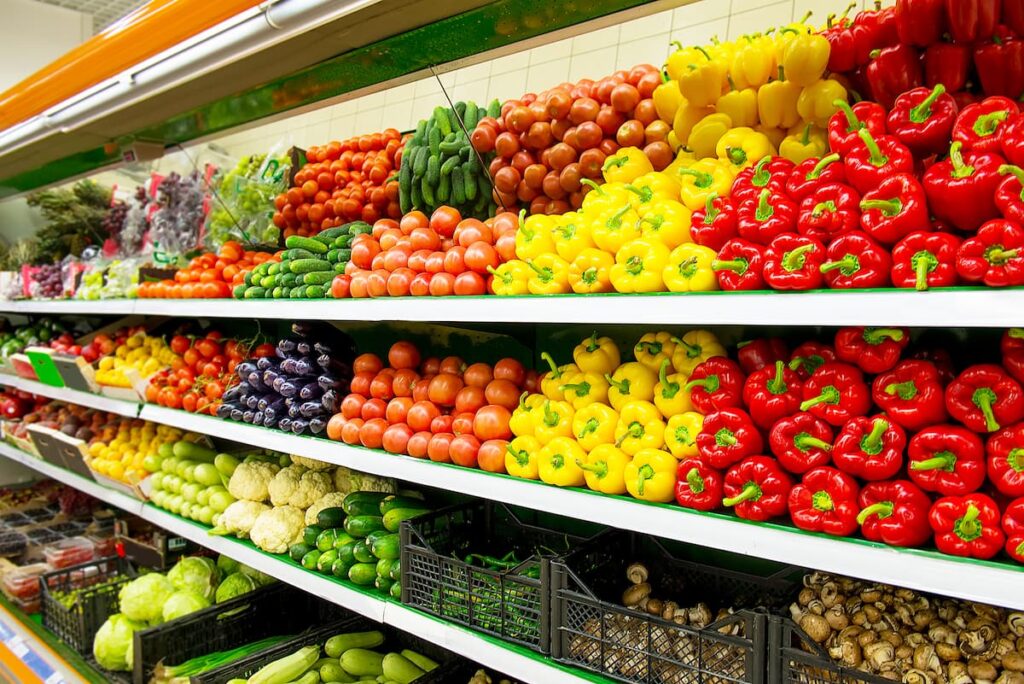Extreme Weather Raises Costs of Staple Foods Globally
Extreme weather conditions driven by climate change have sharply increased prices of basic food items worldwide, according to a new study conducted by Maximillian Kotz of the Barcelona Supercomputer Center. The study analyzed severe weather events across 18 countries between 2022 and 2024, attributing sharp rises in food costs directly to extreme heat, drought, and heavy precipitation. Prices surged notably for products ranging from potatoes in Britain to coffee in Brazil, events described by researchers as “so extreme they exceeded all historical precedent prior to 2020.”
Among the significant cases highlighted was a dramatic increase in rice prices in Japan, where a record-breaking heatwave in September 2024 caused costs to jump by 48%. In South Korea, the cost of cabbage spiked by 70% in September 2024 following a severe heatwave in the preceding August. Similarly, a prolonged drought across Italy and Spain between 2022 and 2023 pushed olive oil prices up by 50% in January 2024. Additionally, a drought described as one of the most severe in Mexico over the past decade significantly elevated fruit and vegetable prices during the same period.
Societal and Economic Impacts of Rising Food Prices
The study draws attention to broader societal implications stemming from these price hikes, particularly affecting low-income households. With healthier food options typically more expensive, many families are forced to cut back on nutritious items such as fruits and vegetables. The researchers caution that this can lead to increased health complications, including malnutrition, Type 2 diabetes, and heart disease.
Beyond individual health risks, the surge in food prices due to climate-induced weather events also has broader economic repercussions. Such price increases exacerbate overall inflation, potentially igniting political unrest and social instability in affected regions. Ghana and Ivory Coast, for instance, witnessed a severe heatwave in early 2024 that increased global cocoa prices by a staggering 280%, highlighting vulnerabilities in the global agricultural economy.
Climate Change and Global Agricultural Stability
Maximillian Kotz emphasized the urgent need to address climate change, noting, “Until we get to net-zero emissions, extreme weather will only get worse, and it’s already damaging crops and pushing up the price of food all over the world.” Public awareness of these impacts is also rising. According to Kotz, increasing food prices rank second among climate-related concerns for individuals globally, surpassed only by concerns about extreme heat itself.
Tim Benton, professor of population ecology at the University of Leeds, underscored the gravity of the findings, stating, “Shortfalls in supply inevitably impact on markets, driving up prices for those people who buy the food.” He warned that the problem is compounded by current global trade tensions and geopolitical conflicts, which intensify market volatility and deepen vulnerabilities.
Benton further described an emerging scenario in which “volatility is the norm,” leading to what he termed a permanent “cost-of-living crisis.” He urged immediate action to combat climate change, warning that delays would only amplify economic instability, societal challenges, and health risks globally.
The findings coincide with the upcoming UN Food Systems Summit Stocktake conference in Addis Ababa, Ethiopia, where global leaders will gather to discuss strategies to mitigate threats posed by climate disruptions to the worldwide food supply chain.


